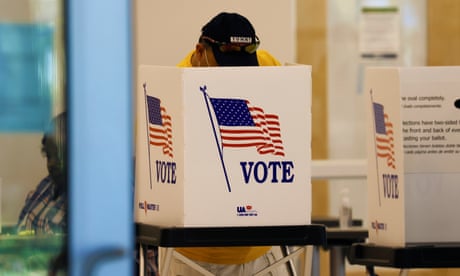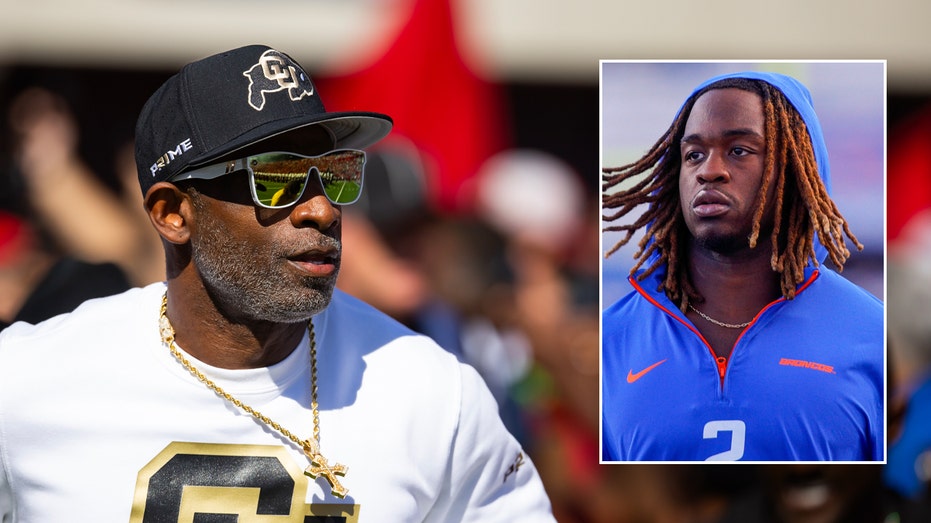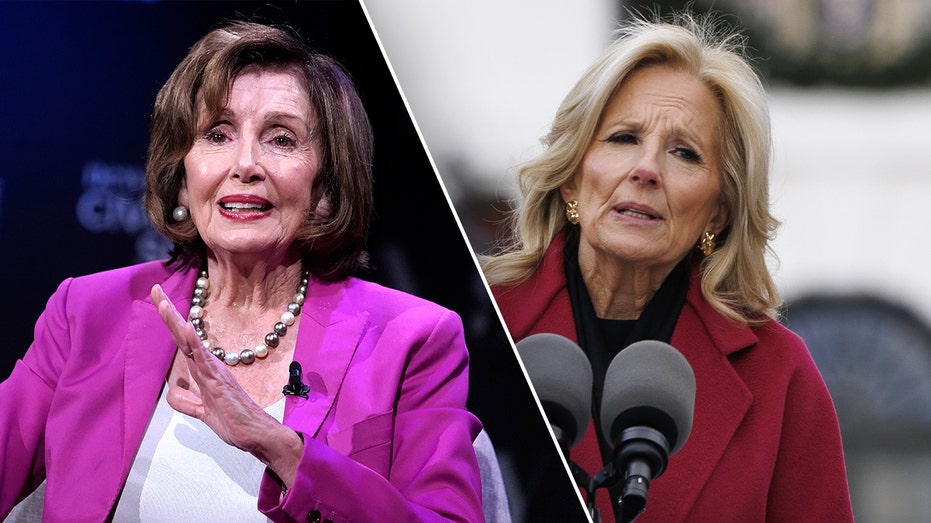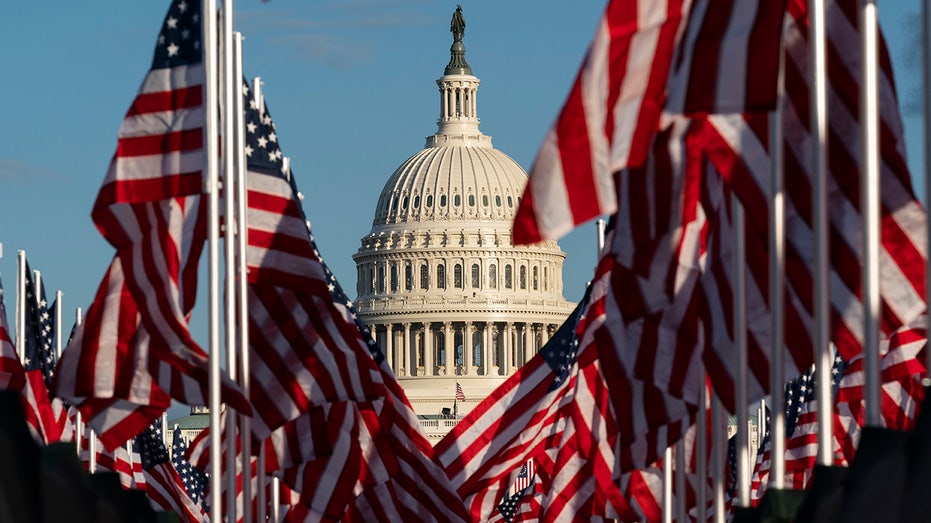- by foxnews
- 20 Jan 2025
Floridians charged over voting believed they were eligible, documents show
Floridians charged over voting believed they were eligible, documents show
- by theguardian
- 26 Aug 2022
- in news

Several Floridians facing criminal voter fraud charges, loudly trumpeted by Governor Ron DeSantis last week, believed they were eligible to vote, and in some cases said they were advised by government officials that they could cast ballots.
Court and election documents reviewed by the Guardian raise questions about whether the 19 people charged last week knowingly committed fraud or whether they were confused about their eligibility. All those charged have prior murder or sexual offense convictions, which means they cannot vote in Florida unless they receive clemency. All of the defendants also submitted voter registration applications, which were approved by local election officials, ahead of the 2020 election, and several said they had received voter registration cards in the mail, which they took as a signal that they were eligible to vote.
The defendants are all charged with at least one count of false swearing on a voter registration application and voting as an unqualified elector, both third-degree felonies punishable by up to five years in prison and a $5,000 fine. In order to get a conviction, prosecutors will have to prove the defendants knew they were ineligible when they registered and voted. They have yet to submit any evidence showing the defendants were explicitly warned their specific felonies barred them from voting.
Affidavits filed by investigators with the Florida department of law enforcement last week offered little evidence that the people charged knew they were not protected by Amendment 4 and ineligible to vote.
One of the voters charged, Douglas Oliver, a 59-year-old Black man in Tampa, was convicted of a sex crime in 2001, which made him ineligible to vote in Florida. He told the Guardian that he had not thought about voting until a canvasser approached him one day at a store and encouraged him to register in 2020. Oliver said he disclosed his felony conviction, and the canvasser said he was eligible. After submitting a registration application, he got a registration card from his local election office in Hillsborough county.
Just before the election, Oliver and his wife, Versie, said, they had also called the local election office to confirm that he could cast a ballot. Oliver said he had disclosed that he had been convicted of a disqualifying sexual offense, but he said officials had told him he was eligible, the couple said. He voted in the 2020 election.
Eugene Suggs Jr, 65, told investigators he thought he was eligible to vote because he had been granted clemency in 1987. An investigator told him that a second-degree murder conviction in 1990 had caused him to lose his voting rights again. Another defendant, Leo Grant Jr, also received clemency in 1987 but lost his right to vote in 1999 when he was convicted of second-degree lewd assault. During a voluntary interview outside a gas station, he told officers he had received something in the mail telling him he was eligible to vote. He told the Miami Herald he was confused as to how he had committed fraud because he had not been not asked about his prior conviction, a sexual offense, when he registered.
Two men in Miami-Dade county, both of whom have prior second-degree murder convictions, separately told investigators they had registered to vote after being approached by a voter advocate and that they had signed their voter registration applications, but had not filled them out.
Investigators noted in their affidavits of probable cause that the defendants had signed their voter registration applications, which requires voters to swear under criminal penalty that they are eligible to vote.
A spokesperson for the Florida department of law enforcement declined to comment on whether additional evidence showing intent was forthcoming, citing ongoing prosecutions.
Oliver, the Tampa man facing charges, said he was initially thrilled when he believed he was eligible to vote.
- by foxnews
- descember 09, 2016
Travel tips for attending Trump's inauguration in DC: expert weighs in
Washington, D.C., has been gearing up for travelers ahead of Inauguration Day on Jan. 20, bringing Americans to the nation's capital as President-elect Trump returns to the White House.
read more


